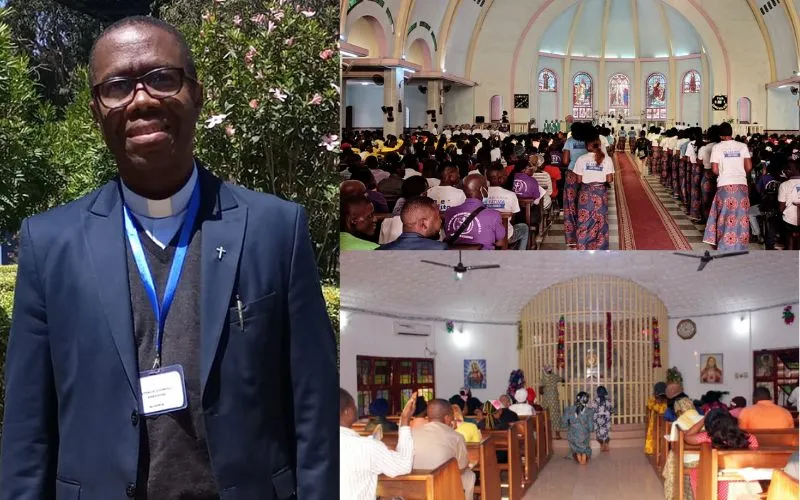In southeastern Nigeria, a troubling trend is emerging that is capturing the attention of local Catholic leaders.
While many are worried about the growing influence of Pentecostalism across the country, there’s a distinct issue unfolding in the region’s rural areas: a significant drop in Sunday Mass attendance among the youth.
Shift Towards Paganism
Father Vitalis Anaehobi, who works in the region, has noticed a worrying shift among young people.
Many are turning away from the Church and instead embracing traditional pagan practices.
Anaehobi believes that this trend stems from the “difficulties in life” such as poverty, unemployment, and the Church’s perceived failure to protect them from ongoing attacks against Christians in Nigeria—where religious persecution is notably high.
Decline in Christian Faith
In an interview with ACI Africa, Anaehobi expressed that while the rise of private ministries linked to the Catholic Church is a concern, his greatest worry is the movement back to traditional religions.
“Our youth are not turning to Pentecostal churches,” he said, “but to the old beliefs their ancestors left behind when they converted to Christianity.”
Traditional Practices Resurging
Anaehobi explained that in rural villages, young people are rejecting Christianity in favor of traditional practices.
These include rituals and ceremonies involving animal sacrifices and communal feasts, which they find more immediately gratifying compared to the demands of Christian faith.
Insecurity and Disillusionment
A major factor contributing to this shift is the region’s growing insecurity.
Young people are beginning to believe that Christianity cannot offer them protection against the threats they face, whereas traditional religions seem to promise better security and practical benefits.
The Church’s Response
Anaehobi, who also serves as the secretary-general of the Regional Episcopal Conference of West Africa (RECOWA), suggests that the Church needs to adapt its approach.
He advocates for a more practical role in empowering the youth through mentorship programs and support to address their issues of poverty and unemployment.
Urban vs. Rural Dynamics
While this trend is mainly observed in rural areas, cities present a different picture.
Urban churches still attract a substantial number of young people, unlike their rural counterparts.
This contrast highlights the urgent need for the Church to focus on revitalizing its outreach in the villages.
Call for Action
To combat this trend, Anaehobi calls for a reevaluation of the Church’s role and suggests that it should engage more directly with young people, offering tangible solutions and support.
His goal is to help them find hope and opportunities within the Christian framework, rather than turning to traditional religions.
Additional Concerns
Bishop Emmanuel Adetoyese Badejo of the Diocese of Oyo and Archbishop Ignatius Ayau Kaigama of the Archdiocese of Abuja have also noted the rise of superstition and old traditional beliefs in Nigeria.
Archbishop Kaigama highlighted the emergence of a group calling itself “Old Catholics,” which is causing confusion by mimicking Catholic practices and rituals.
Moving Forward
As the Church grapples with these challenges, the focus will be on addressing the underlying issues driving the youth away from Christianity and ensuring that their spiritual needs are met in a way that is relevant to their lives.
